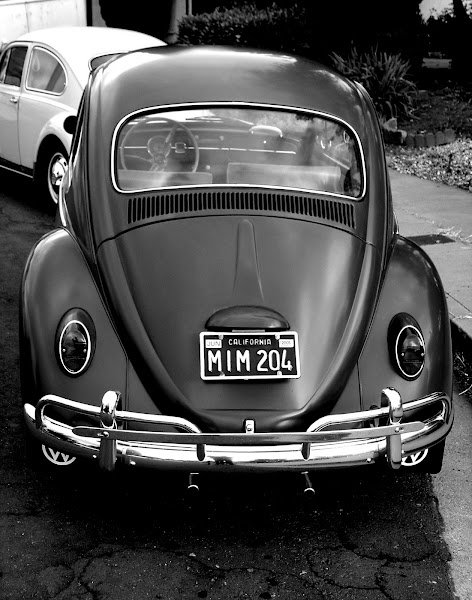A document came out recently concerning the idea of Kern County Fire Department staffing paramedic engines. I thought about including it here, but it is far too long.
I've only skimmed protions. It is long even for me! But a couple of thoughts on the subject.
It states as an advantage that having two ALS providers at the scene of a major casualty incident improves patient care. This is very true. But what the document leaves out, and what many people seem to miss is that having two ALS providers on any critical incident would vastly improve patient care. Indeed, when there are several patients, the more medics on scene the better. But even with one serious patient, there is more than enough interventions to perform to keep two paramedics busy. This seems to be a bit idealistic though, due to funding constraints. Perhaps that is why the thought of dual medics is rarely entertained by the various boards and committees deciding patient care.
Having said this, a disadvantage brought up by the document is that with a fire based medic program, there will be instances when two medics will be on scene. (It is amazing to me that this is even considered a disadvantage.) The potential problem they see with this is a disagreement on patient care. First I would like to point out that this is a potential problem. I have an issue with making decisions about something based on what might happen. Second, every medic is held accountable to his or her actions no matter who they are employed by. Having spoken with a medic about this topic, she stated that if a fire medic did something she disagreed with, she would simply take him or her along in the ambulance to transfer care and explain their actions at the hospital. And finally, disagreements about patient care are not new. It happens in the hospital continually between doctors (who share the same medical authority) and people are expected to ultimately do what is right for the patient. At the very most, a disagreement about patient care is a short term issue. But it is a long term benefit, causing careful consideration of the best treatment of the patient and a determination to perform the proper treatments before the eyes of fellow medics.
Fianlly, another disadvantage brought up by the document is that a fire department based medic program would basically "steal" medics from the ambulance companies because of the more "competetive" salary and benefits of the fire department. This viewpoint brings up a disadvantage that is not connected to greater levels of prehospital patient care. First, this is a disadvantage of private ambulance companies, not a disadvantage of a fire based paramedic program. Private ambulance paramedics leave their career for a variety of other medical professions, including nursing, physician's assistant, and even medical school, with the fire department just one of these other professions that offer better salary and benefits. This happens regardless of a fire based medic program or not. Because as I stated before, this is a problem with the ambulance companies, not with any proposed paramedic program. And any connection it has to patient care is remote and fabricated.
Monday, January 21, 2008
Subscribe to:
Post Comments (Atom)


No comments:
Post a Comment